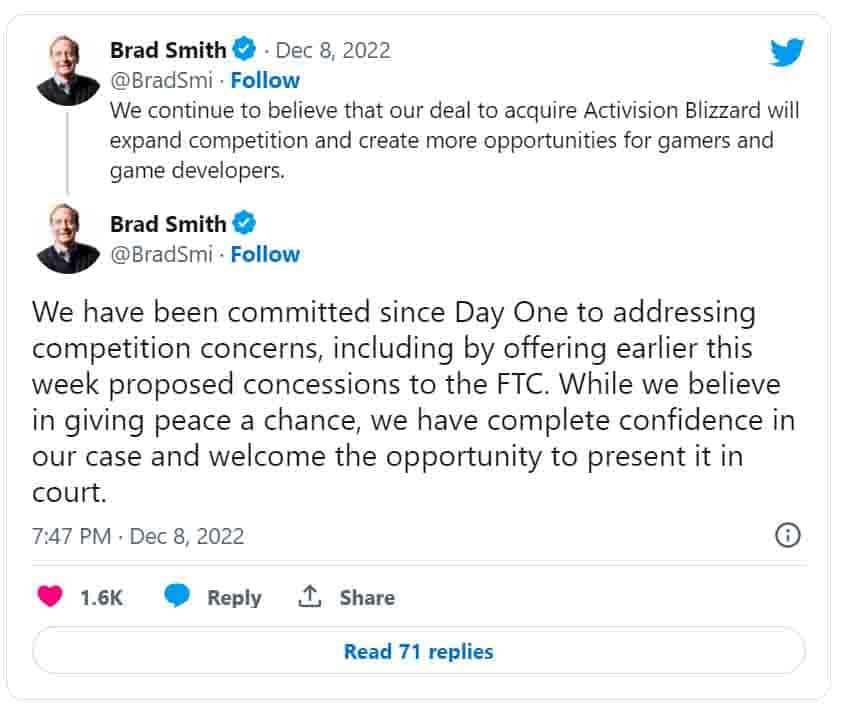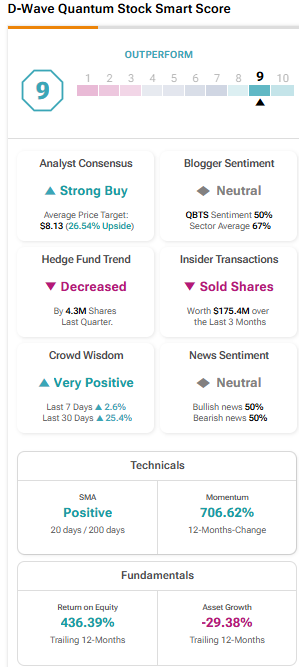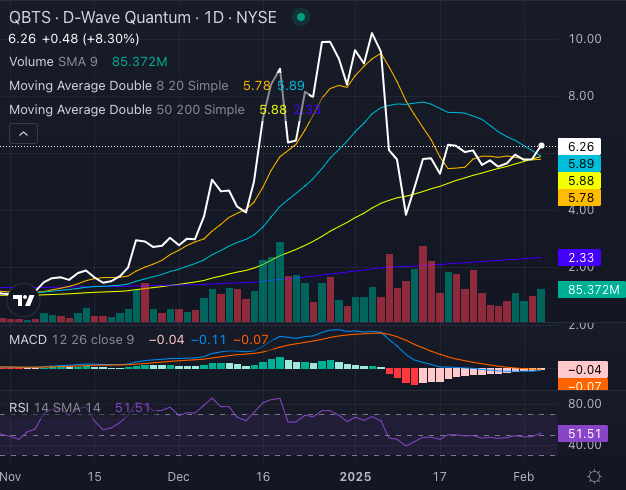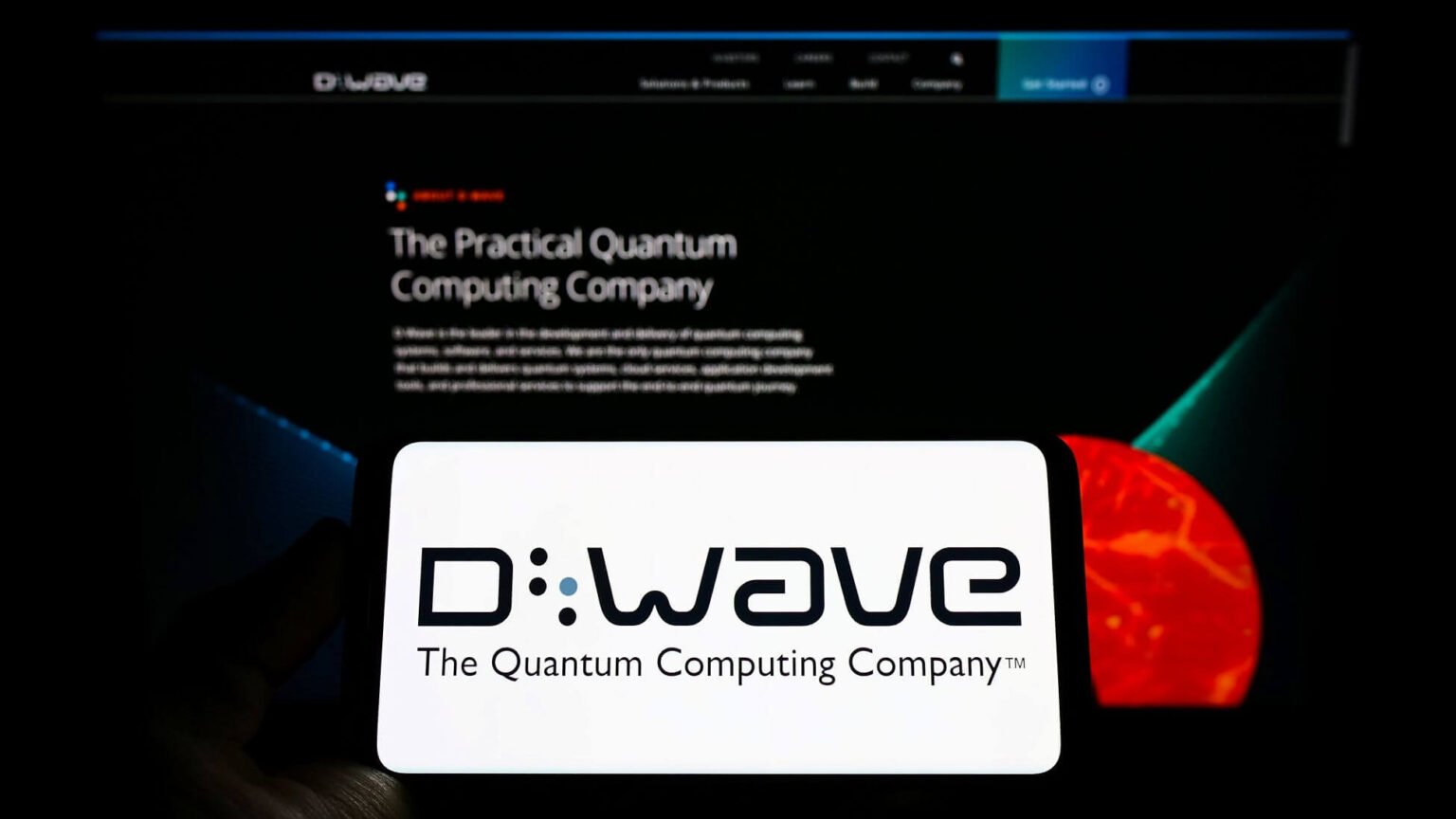FTC To Challenge Microsoft-Activision Deal Approval

Table of Contents
The FTC's Concerns Regarding Anti-Competitive Practices
The FTC's antitrust lawsuit against the Microsoft-Activision deal stems from concerns about potential monopolistic practices and the stifling of competition. The key arguments revolve around several critical points:
- Call of Duty Exclusivity: A primary concern is the potential for Microsoft to make popular Activision Blizzard titles, especially Call of Duty, exclusive to its Xbox ecosystem. This would significantly harm PlayStation players and other competitors who rely on the title's massive market share.
- Reduced Consumer Choice: The FTC argues that the merger would drastically reduce consumer choice and limit innovation within the gaming market. By consolidating such a significant portion of the industry under one entity, the diversity of games and platforms could suffer.
- Market Dominance: The commission likely believes the combined entity would create a dominant player, possessing an unfair competitive advantage and potentially leading to anti-competitive pricing practices or the suppression of rival game developers.
- Lack of Viable Competitors: The FTC's case will likely present evidence demonstrating a lack of sufficient viable competitors in the post-merger landscape, solidifying their argument of reduced competition.
Microsoft's Defense and Counterarguments
Microsoft is expected to vigorously defend the merger, presenting counterarguments aimed at assuaging the FTC's concerns. Their defense strategy likely includes:
- Maintaining Call of Duty on PlayStation: A key element of Microsoft's response will focus on their commitment to keep Call of Duty available on PlayStation, directly addressing the FTC's major concern. They might offer long-term contractual agreements to guarantee this.
- Benefits to Consumers: Microsoft will emphasize how the deal will benefit consumers through increased game availability and innovations, perhaps highlighting potential advancements in cloud gaming technology.
- A Competitive Landscape: They might argue that the gaming market is already highly competitive, with numerous major players, thereby diminishing the impact of the merger on overall competition.
- Cloud Gaming Expansion: Microsoft could highlight its investments in cloud gaming as a way to expand access to games regardless of platform, countering the argument of exclusivity.
The Role of Call of Duty in the FTC's Case
Call of Duty's immense popularity and significant market share make it the central focus of the FTC's antitrust concerns. The arguments revolve around:
- Market Power: The FTC is concerned that Microsoft could leverage Call of Duty's popularity to gain an insurmountable lead in the market, potentially pushing competitors out of the picture.
- Exclusivity as a Weapon: The core fear is Microsoft using Call of Duty exclusivity as a weapon to lock out competitors and stifle innovation. This directly impacts millions of gamers who rely on PlayStation and other platforms.
- Consumer Impact: The FTC will highlight the potential negative consumer impact of reduced competition and the loss of choice regarding platforms for Call of Duty and other Activision Blizzard titles.
Potential Outcomes and Consequences of the FTC's Challenge
The FTC's challenge could have several potential outcomes, each with significant consequences:
- Lengthy Legal Battle: A protracted legal battle is highly likely, potentially delaying or even preventing the merger from being finalized.
- Deal Termination: The FTC's challenge could ultimately lead to the complete termination of the Microsoft-Activision deal.
- Concessions: Microsoft might be forced to make significant concessions, such as divesting certain assets or making binding commitments regarding Call of Duty's availability, to secure regulatory approval.
- Impact on the Industry: The outcome will set a crucial precedent for future mergers and acquisitions within the gaming industry, impacting how future deals are evaluated and potentially shaping regulatory approaches.
Conclusion
The FTC's challenge to the Microsoft-Activision deal represents a pivotal moment in the gaming industry. The antitrust battle will determine the future of competition, innovation, and consumer choice. The arguments surrounding Call of Duty exclusivity and the broader competitive landscape are critical to understanding the potential implications of this merger. Understanding the complexities of the FTC's challenge to the Microsoft-Activision deal and its implications for the future of gaming is crucial. Stay informed about the ongoing developments to stay abreast of this crucial case.

Featured Posts
-
 High Ranking Admiral Found Guilty Unraveling The Corruption Case
May 21, 2025
High Ranking Admiral Found Guilty Unraveling The Corruption Case
May 21, 2025 -
 Funkos Dexter Pop Vinyl Figures A Collectors Guide
May 21, 2025
Funkos Dexter Pop Vinyl Figures A Collectors Guide
May 21, 2025 -
 Carlo Ancelotti Nin Yerine Juergen Klopp Bir Karsilastirma
May 21, 2025
Carlo Ancelotti Nin Yerine Juergen Klopp Bir Karsilastirma
May 21, 2025 -
 Betalingen Met Tikkie Een Handleiding Voor Nederland
May 21, 2025
Betalingen Met Tikkie Een Handleiding Voor Nederland
May 21, 2025 -
 The Rise Of Femicide Causes And Consequences
May 21, 2025
The Rise Of Femicide Causes And Consequences
May 21, 2025
Latest Posts
-
 Thursdays Market D Wave Quantum Qbts Stock Price Movement Explained
May 21, 2025
Thursdays Market D Wave Quantum Qbts Stock Price Movement Explained
May 21, 2025 -
 D Wave Quantum Qbts Stock Performance Analyzing Thursdays Dip
May 21, 2025
D Wave Quantum Qbts Stock Performance Analyzing Thursdays Dip
May 21, 2025 -
 Understanding D Wave Quantums Qbts Thursday Stock Price Decrease
May 21, 2025
Understanding D Wave Quantums Qbts Thursday Stock Price Decrease
May 21, 2025 -
 D Wave Quantum Qbts Stock Market Movement On Monday An In Depth Look
May 21, 2025
D Wave Quantum Qbts Stock Market Movement On Monday An In Depth Look
May 21, 2025 -
 D Wave Quantum Qbts Stock Plunge Explained Thursdays Market Activity
May 21, 2025
D Wave Quantum Qbts Stock Plunge Explained Thursdays Market Activity
May 21, 2025
